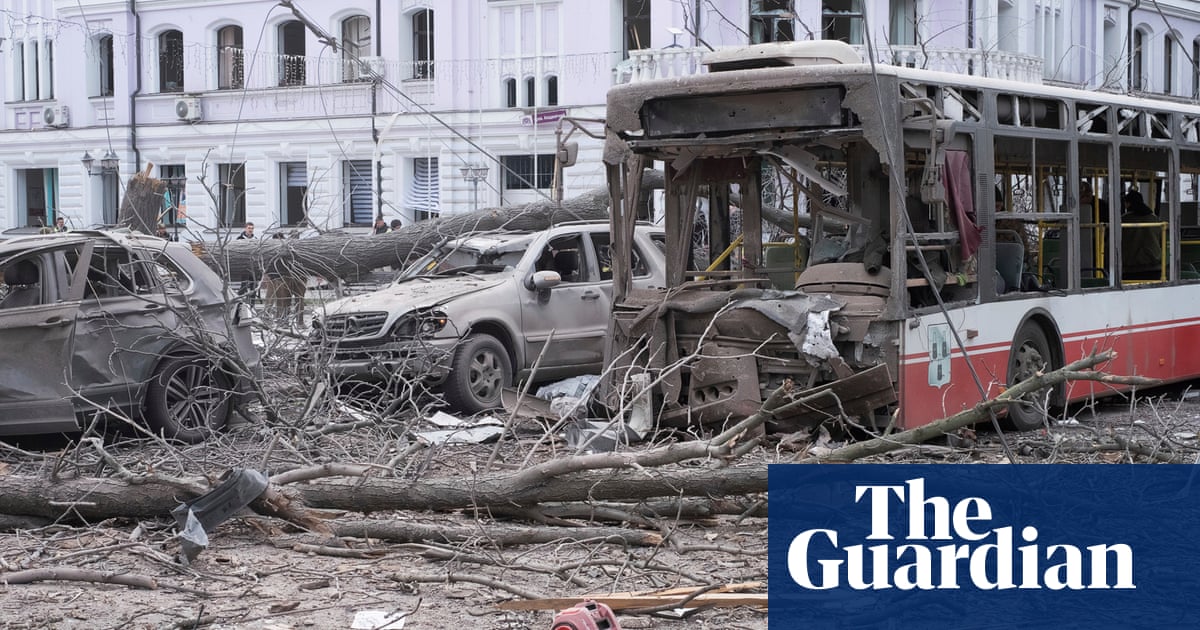The Kremlin says it is open to direct talks withUkrainebut has declined to back Kyiv’s proposal to extend the Easter ceasefire.
Vladimir Putin’s spokesperson told reporters in Moscow on Tuesday that there were no concrete plans for negotiations on halting strikes against civilian targets, but that the Russian president was willing to discuss this directly with Ukraine if Kyiv removed “certain obstacles”.
While rare, it is not unprecedented for Putin to suggest direct talks with the Ukrainian president,Volodymyr Zelenskyy.
Russia has frequently claimed it was open to talks with Ukraine but that Kyiv made that legally impossible under a 2022 decree barring negotiations with Putin. The Russian leader has previously suggested Ukraine must hold elections and choose a new president before any such talks could take place.
There have been no official direct talks between the two sides since the early weeks after Russia’s full-scale invasion of Ukraine in February 2022.
On Monday night, Zelenskyy reiterated Ukraine’s readiness for immediate discussions to end attacks on civilian infrastructure. “Ukraine maintains its proposal not to strike at the very least civilian targets. And we are expecting a clear response from Moscow. We are ready for any conversation about how to achieve this,” he said.
Putin and Zelenskyy have both recently appeared more positive over the prospect of peace talks, probably in response to mounting pressure from the Trump administration, which has said itmay abandon its mediation effortsunless concrete progress is made.
Both sides have reported a decrease in fighting during the Easter truce, though each has accused the other of violating the temporary ceasefire.
Speaking on Russian television on Monday, Putin said Russia had a “positive attitude towards any peace initiatives”.
However, he has publicly given no indication he is prepared to back down from some of his maximalist demands to end the war, including the demilitarisation of Ukraine and full Russian control over the four Ukrainian regions illegally annexed in 2022.
Meanwhile, Ukrainian officials are expected to meet western allies in London on Wednesday for US-led talks on ending the war.
The meeting is expected to follow up on last week’s discussions in Paris, where the US secretary of state, Marco Rubio, presented Washington’s proposed plan for a resolution to the conflict.
Media reports suggest the US is promoting a “peace deal” that heavily favours Russia. The proposal reportedly includes freezing the conflict along the current 1,000km frontline, recognising Crimea as part of Russia, and a Russian veto over Ukraine joining Nato.
Kyiv is expected to respond to the proposal during the talks in London.
